Sexual Health: Is Social Work Sexy Enough?
Welcome back to the Social Work Café blog and some of my highlights from episode 04 of the podcast– Is social work sexy enough?
So are you ready to have the sex talk?
I promise to be mature…
In the previous episode, I had a great time chatting with my friend Cat Crutchett about social work in health.
Although one area of health that Cat and I did not mention is sexual and reproductive health.
I am very fortunate that another dear friend of mine specialises in this area!
Katie Murrell-Orgill is a registered psychosexual therapist with her own practice.
Katie's passion has always been therapy, and she has worked with people of all ages, most notably as a counsellor at Charles Sturt University for over ten years.
Katie is a great example of a social worker who decided to specialise after noticing common themes in client experiences related to issues around sexual functioning, sexuality, etc.
Katie also noticed that clients started seeking her out because she was willing to ask people about their sex lives.
Katie makes a great point about sexual health being an integral part of our human experience, but there are so many taboos around this topic.
During our conversation, I came to realise that sexual health has not received much attention in social work education and practice, which is something I will need to rectify for our programmes.
Katie gives us a fantastic overview of her work and just how many specialised areas there are within this specialised field!
Considering that Katie is in a rural and regional area, I’m not surprised she covers so many of those specialities within her practise in order to meet community needs.
Katie highlights that there is foundational knowledge we can all appreciate as social workers, starting with the sex positive perspective as outlined in the World Health Organisation statement on sexual health.
Katie also mentions the PLISSIT model that could be used in social work.
Go check it out and let us know what you think.
At the very least, when we do multidimensional social work assessments, we can utilise our core communication skills to respectfully explore sexual health (vagina and penis puppets are optional, of course).
In our conversation, we also acknowledge that social workers might feel uncomfortable venturing into this territory.
Doing some critical reflection on our own backgrounds, views, and culture could be worthwhile.
Critical reflection on our use of self is perhaps even more important for this particular area because people need us to listen carefully without judgement and acknowledge how difficult it can be for them to talk about these matters.
If it is embarrassing for us to talk about, imagine how embarrassing it must be for some clients.
Despite there being some important shifts towards sex positivity across the globe, we still have a long way to go, and Katie inspires us to think about the role social work can play in overcoming taboos.
Katie also gives great advice throughout the episode for anyone interested in this field, especially around supervision.
She doesn’t shy away from having multiple supervisors who have specialised knowledge, as well as peer supervision groups (yes, plural).
Her definition of social work at the end of the conversation is worth contemplating:
Social work is a profession which focuses on supporting all people (regardless of ethnicity, culture, sexuality, gender), utilising theory to practice, which means scientific underpinnings.
I appreciate her emphasis on supporting all people as well as drawing from a rigorous knowledge base.
Katie then offers something more specific and comprehensive for the counselling space:
Social work is an art and a science; an art in terms of our communication skills, rapport building, the problem solving that we are pulling all of these strands of a person’s narrative together to form a picture, so we can work out what is happening for them; and it’s a science in what do we do with this information that we have gathered and how can we walk with this person on their journey and assist using this evidence-based model.
Okay, granted, it is probably longer than one sentence, but it certainly reflects the depth of social work counselling and our intention to walk alongside people.
Both definitions are comprehensive, and maybe we could refine them further into one concise sentence—what do you think?
Feel free to get in touch and share your highlights from the episode.
Stay sexy social work.
Dr. B

